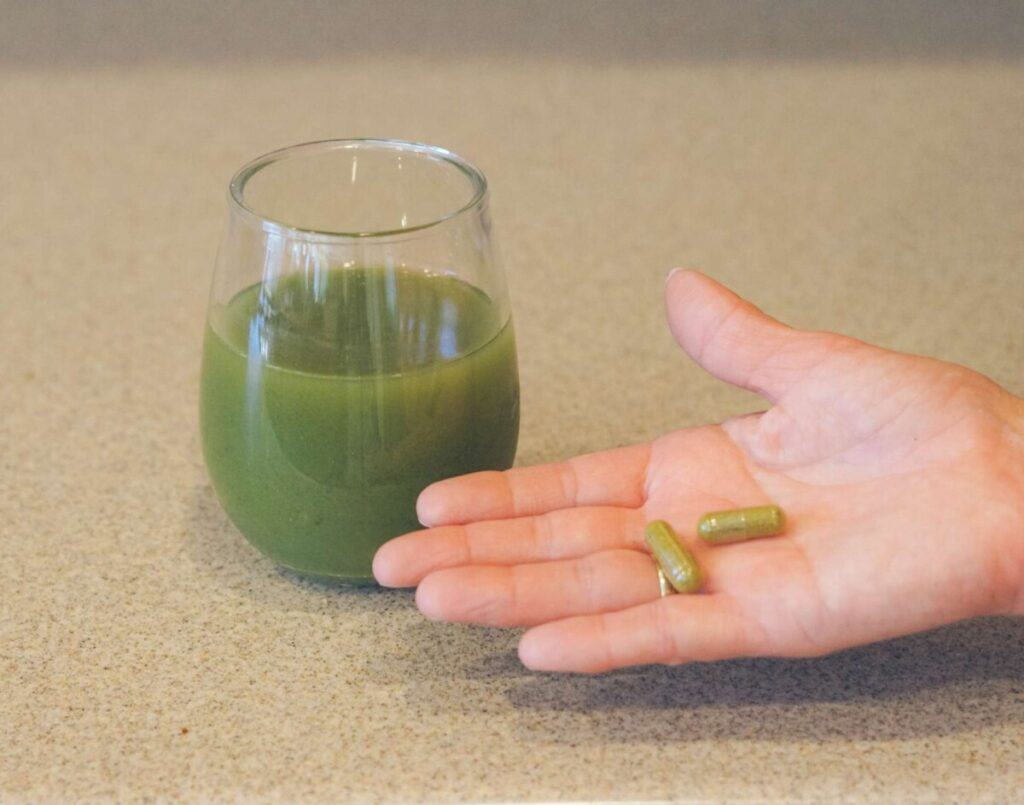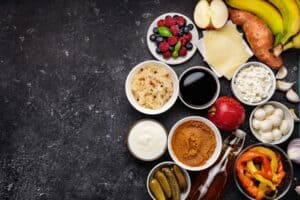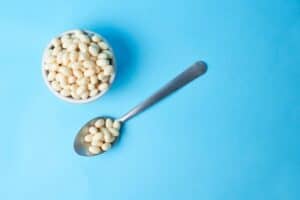Introduction: what is Saccharomyces Boulardii?
Saccharomyces Boulardii is a type of yeast also known as a probiotic. This yeast was first discovered by the French microbiologist, Henri Boulard, who also gave it its name. Saccharomyces Boulardii is often used as a natural remedy to treat various health problems, one of which is diarrhea. It is a common ingredient in dietary supplements and is used worldwide to promote gut flora health.
Saccharomyces Boulardii is actually a type of yeast that occurs naturally in lychee and mangosteen, two tropical fruits. It is not the same as baker’s yeast or brewer’s yeast and has unique properties that set it apart from other types of yeast. It is resistant to stomach acid and bile, which means it can reach the intestines alive where it can do its work.
Henri Boulard discovered Saccharomyces Boulardii in 1923 during an outbreak of cholera in Southeast Asia. He noted that some people survived the disease by eating lychee and mangosteen. After further research, he identified Saccharomyces Boulardii as the yeast species in these fruits that helped fight the bacteria that caused cholera.
Since the discovery of Saccharomyces Boulardii, much research has been done on its health benefits. Although it is best known for its ability to treat diarrhea, it is also being investigated for its potential to treat other digestive problems, such as inflammatory bowel disease, irritable bowel syndrome and Helicobacter pylori infections.
How does Saccharomyces Boulardii work?
Saccharomyces Boulardii works by promoting gut flora health. It does this by adhering to the gut wall and creating an environment in which good bacteria can thrive. Good bacteria, also known as probiotics, are essential for digestion and overall health. They help digest food, produce vitamins and protect against harmful bacteria.
One of the ways Saccharomyces Boulardii works is by stimulating the production of a protein called “Saccharomyces boulardii-derived factor.” This protein helps fight harmful bacteria by blocking their ability to attach to the intestinal wall. This makes it harder for these bacteria to cause infection and helps maintain a healthy gut flora.
Saccharomyces Boulardii also stimulates the immune system to produce antibodies against certain harmful bacteria. This can help prevent and fight infections. In addition, Saccharomyces Boulardii can modulate the body’s inflammatory response, which may help reduce the symptoms of inflammatory bowel disease.
Saccharomyces Boulardii may also help protect the intestinal wall. It can stimulate the production of mucus, which protects the intestinal wall from damage by harmful bacteria and acids. This can help prevent leaky gut, a condition in which harmful substances leak into the bloodstream.








